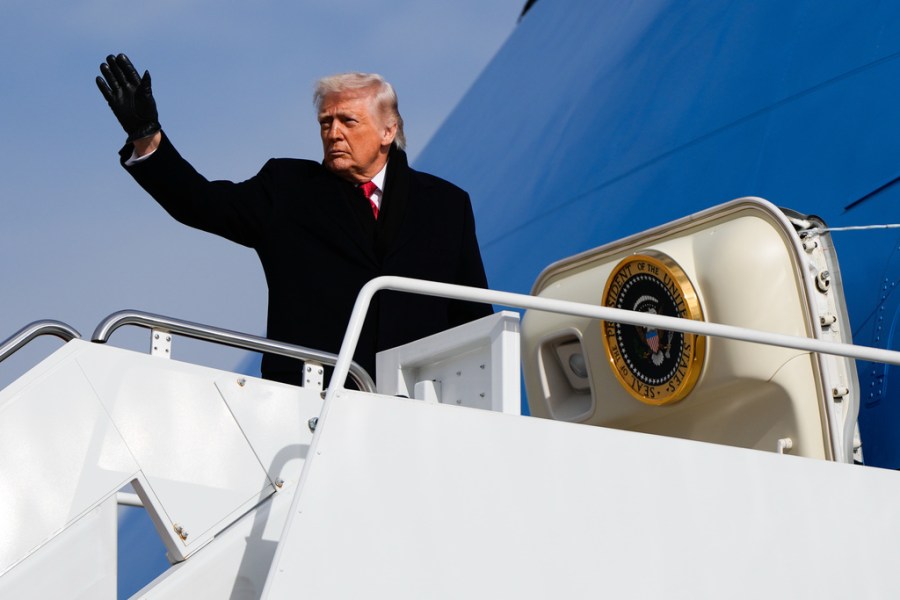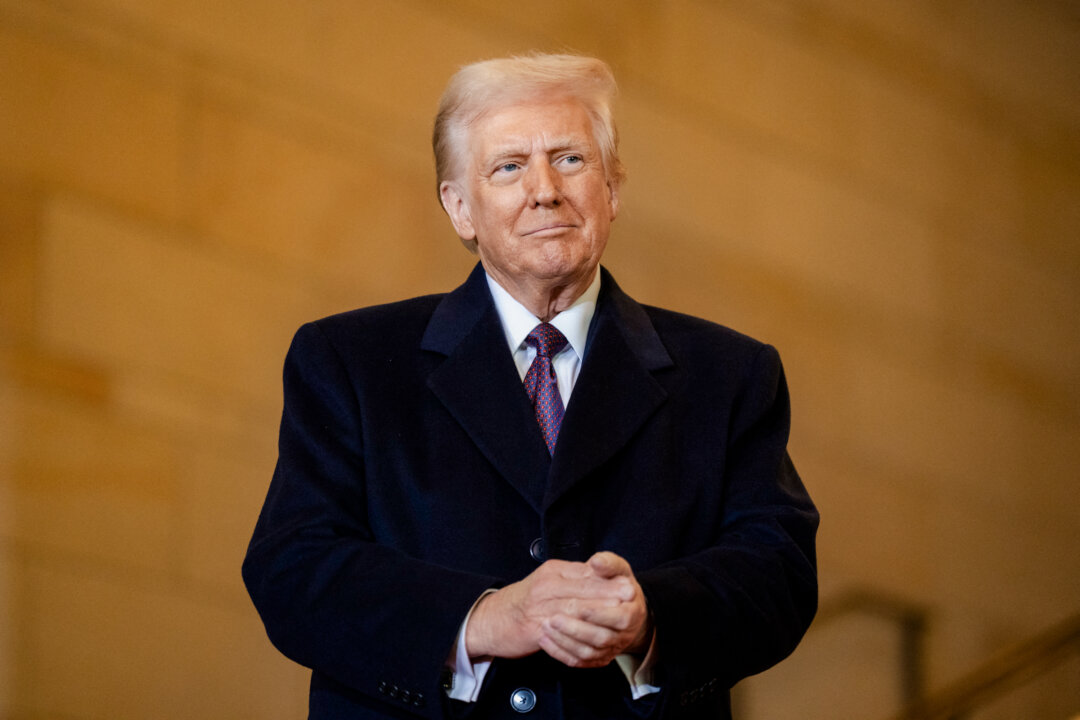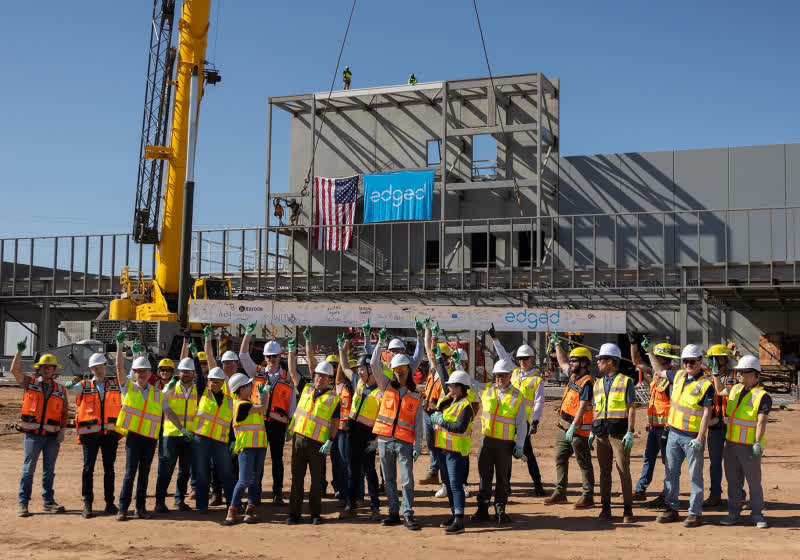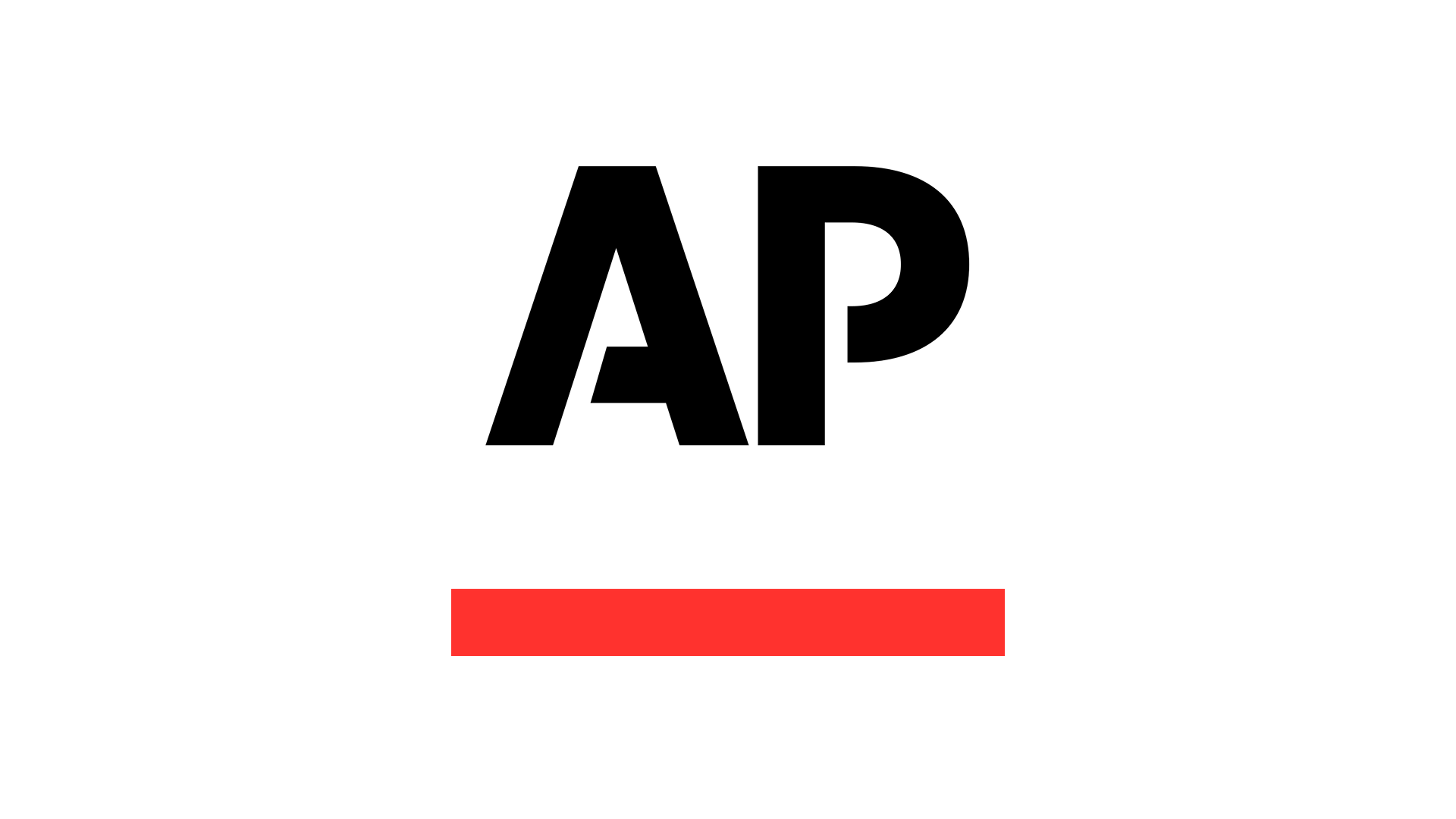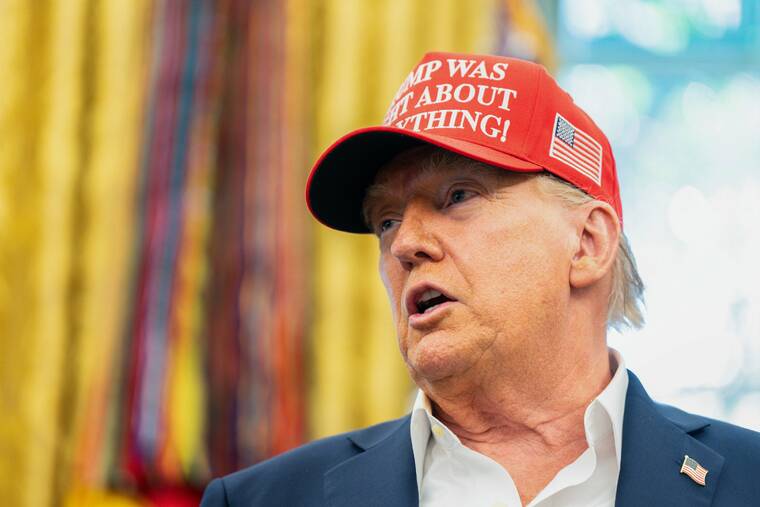
A growing number of voices are raising alarms about what they perceive as an authoritarian shift in the United States under former President Donald Trump. Critics argue that Trump is consolidating power within the executive branch, with actions that they claim threaten democratic institutions.
Recent statements highlight concerns regarding Trump’s handling of dissent and governance. Critics accuse him of using legal actions—including lawsuits and indictments—to silence opposition while allegedly targeting government officials based on their race or gender. This has led to accusations of a systematic dismantling of diversity, equity, and inclusion initiatives within federal agencies.
Among those mentioned as enabling this shift are political figures such as Pam Bondi, Kash Patel, Tulsi Gabbard, Scott Bessent, and Pete Hegseth. Critics describe these individuals as mere instruments of Trump’s agenda, suggesting that they are not acting independently but rather following directives aimed at achieving Trump’s broader goals.
Trump has expressed intentions to exert control over cultural institutions, specifically the Kennedy Center and the Smithsonian, as well as to influence the operations of the Federal Reserve. His administration has been described as one focused on retribution, with the former president stating that it would operate under the framework of Project 2025, which aims to reshape the federal government.
The implications of these actions have led to a rallying cry among some political commentators and citizens, urging immediate resistance to what they see as an authoritarian takeover. They argue that the time to act is now, as they believe democratic norms are under threat.
Jim Keefe, a concerned citizen from Waikiki, expressed these sentiments in a letter to the editor, emphasizing the urgency of the situation. As this conversation unfolds, it raises critical questions about the future of governance and democratic principles in the United States.
Debate continues to swirl around these issues, reflecting broader anxieties about the state of democracy in the country. As citizens engage in discussions about their political landscape, the call to action remains strong among those who fear for the future of their democratic institutions.
